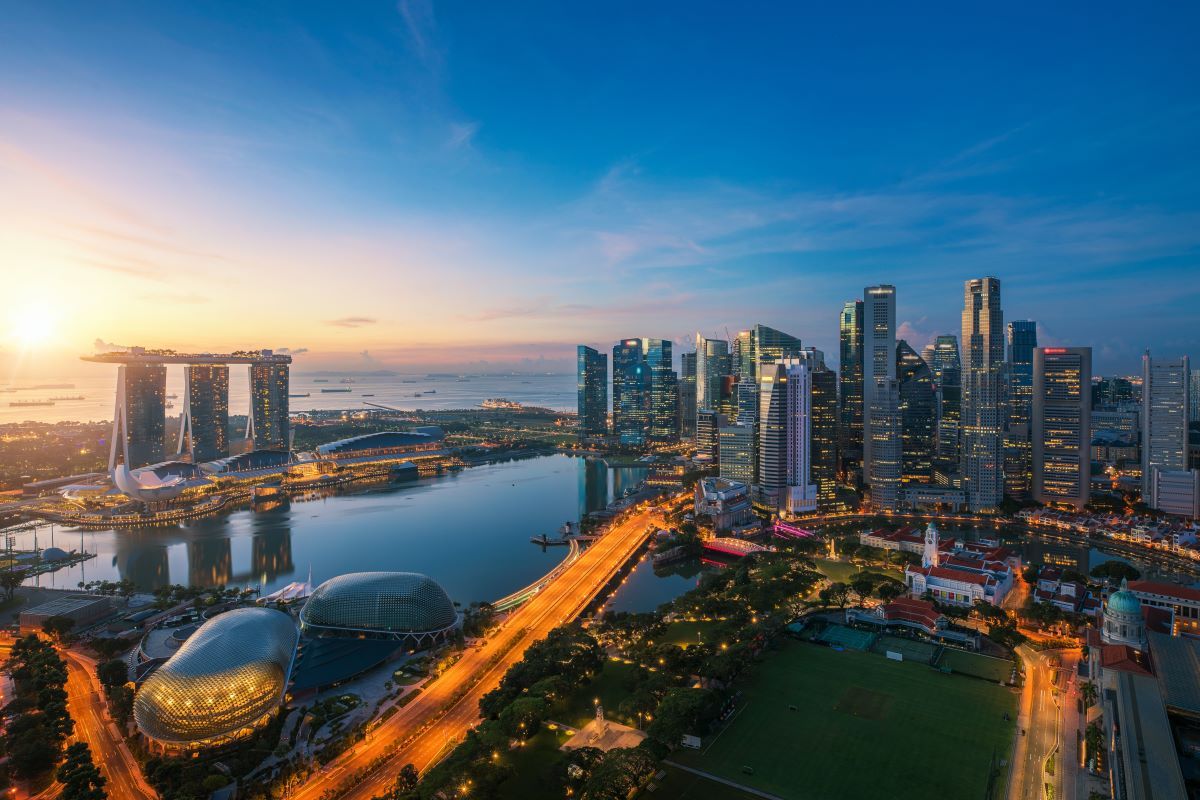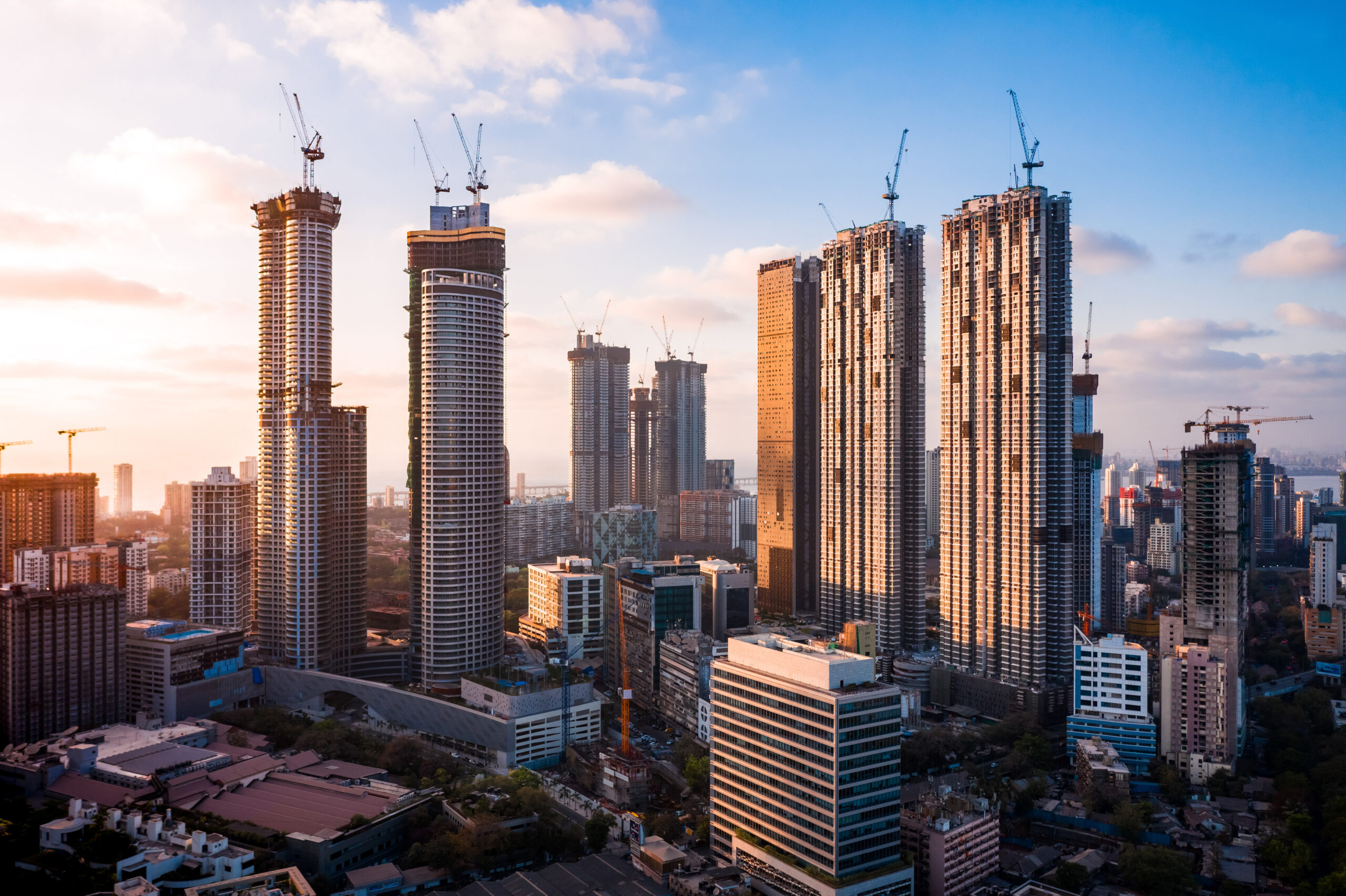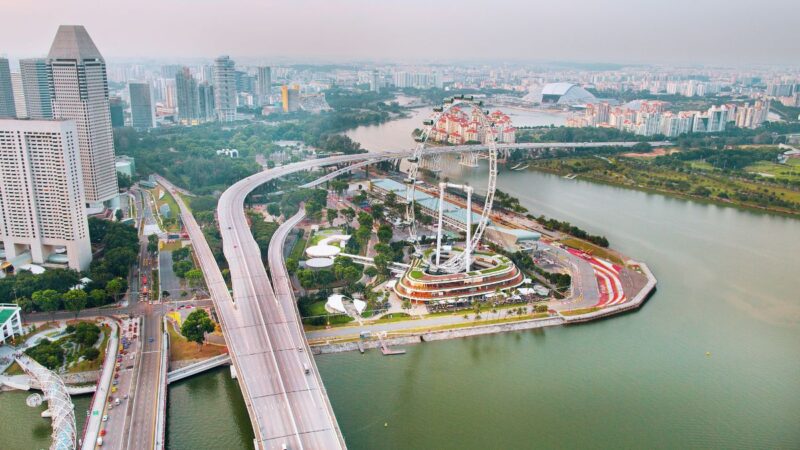As we gaze toward the horizon of 2025, the question on the minds of many investors is whether this year could present an opportune moment to dive into the vibrant Singapore real estate market. With its robust economic landscape, strategic location, and continued influx of foreign talent, Singapore has long been regarded as a beacon for property investment.
Yet, as the world undergoes rapid shifts—be it in technology, climate, or global markets—evaluating the timing of such a significant financial commitment requires careful consideration. What factors should investors weigh? Will emerging trends bolster property values, or could potential headwinds create a more challenging environment? In this article, we’ll explore the nuances of the Singapore real estate market, analyzing the elements at play that could determine whether 2025 is the right time for you to invest.
Economic Indicators: Assessing Singapore’s Economic Outlook for 2025

As we look toward 2025, Singapore’s economic indicators paint a compelling picture for potential investors in the real estate market. With a projected GDP growth rate hovering around 4% and a stable inflation rate, the city-state’s economy exhibits resilience and adaptability in the face of global uncertainties.
Key sectors such as technology, finance, and green energy continue to thrive, bolstered by government initiatives aimed at fostering innovation and sustainable development. The labor market remains robust, with low unemployment rates and a steady influx of skilled talent, which bodes well for housing demand.
Developments like River Green, which align with the nation’s sustainability goals and appeal to a modern, mobile workforce, reflect how real estate is adapting to these macroeconomic trends. Moreover, emerging trends like remote work and demographic shifts signal evolving residential needs, creating unique investment opportunities.
As Singapore positions itself as a regional hub for business and lifestyle, the question arises: will 2025 indeed be the moment to capitalize on this dynamic landscape?
Market Trends: What to Expect inSingapore’ss Real Estate in 2025

As we look ahead to 2025, Singapore’s real estate market is poised for a fascinating evolution influenced by various economic and social dynamics. The post-pandemic recovery, coupled with a burgeoning tech sector, is expected to drive demand for residential and commercial properties alike.
Prices may stabilize, but with an influx of foreign investors eager to capitalize on the city-state’s robust infrastructure and business-friendly environment, we could see competitive bidding scenarios. Developments in sustainable living and smart home technologies will also reshape buyer preferences, pushing developers to innovate and adapt. Moreover, government policies aimed at cooling speculation while ensuring affordable housing will play a pivotal role in shaping market conditions.
For savvy investors, understanding these trends will be crucial in deciding whether 2025 is indeed the right moment to commit to Singapores vibrant real estate landscape.
Government Policies and Regulations Impacting Property Investment

Government policies and regulations play a pivotal role in shaping the landscape of property investment in Singapore, particularly as we approach 2025. The recent tightening of measures, such as the Additional Buyers Stamp Duty and stricter loan-to-value ratios, aims to curb speculative buying and ensure sustainable growth within the real estate market. These policies can deter some investors, creating a more cautious environment that favors long-term planning over quick profits.
However, they also foster stability, promoting confidence among buyers who seek assurance in their investments. As Singapore continues to position itself as a global hub, potential investors must navigate these regulatory waters wisely, weighing the impact of economic trends, government incentives, and property availability.
With the right strategy, 2025 could indeed present promising opportunities, albeit against a backdrop of ongoing legislative considerations that demand careful attention.
Conclusion
In conclusion, the Singapore real estate market presents a compelling opportunity for investors looking towards 2025, particularly with the emergence of developments like River Green, that the city-state’s commitment to sustainable, high-quality living spaces. As Singapore continues to bolster its economic resilience and invest in infrastructure, the growth potential for property investment remains robust.
Factors such as urban planning, demographic trends, and government policies suggest a favorable landscape for attracting both local and foreign investors. Ultimately, while navigating any investment carries inherent risks, the unique attributes of Singapore’s real estate sector position it as a strategic choice for those ready to seize the moment shortly.


